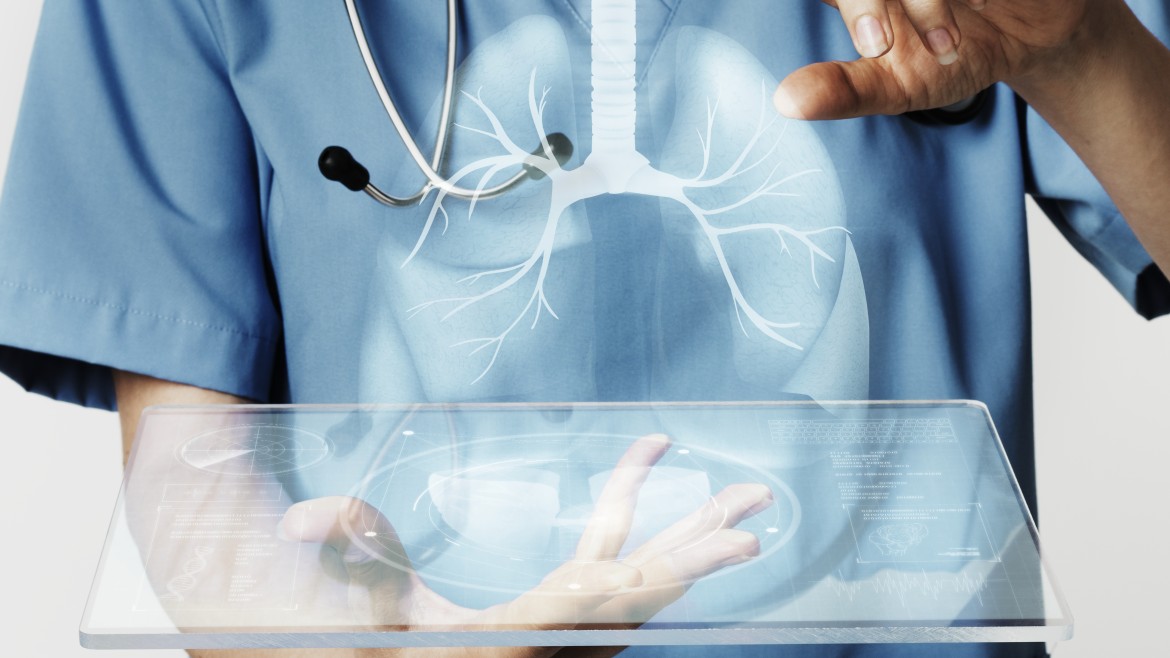
Introduction
Chronic Kidney Disease (CKD) is a long-term condition where the kidneys gradually lose function over time. Managing CKD effectively can help slow its progression and improve quality of life. This guide explores the best dietary, lifestyle, and medical strategies for managing CKD.
Why Kidney Health Matters
The kidneys play a crucial role in filtering waste, balancing fluids, and regulating blood pressure. When kidney function declines, toxins accumulate in the body, leading to serious health complications. Proper management is essential to prevent further deterioration.
Best Practices for Managing CKD
1. Follow a Kidney-Friendly Diet
A well-balanced diet can help manage CKD and reduce strain on the kidneys. Include:
- Low-sodium foods – Helps control blood pressure and reduce fluid retention.
- Lean proteins – Opt for fish, poultry, and plant-based proteins like tofu and lentils.
- Healthy fats – Avocados, olive oil, and nuts support heart and kidney health.
- Low-potassium fruits and vegetables – Apples, berries, cabbage, and green beans are good choices.
2. Stay Hydrated
- Drink adequate water but follow your doctor’s recommendations to avoid fluid overload.
- Limit soda, alcohol, and caffeine, as they can strain kidney function.
3. Manage Blood Pressure and Blood Sugar
- High blood pressure and diabetes are leading causes of CKD.
- Monitor your levels regularly and follow a treatment plan prescribed by your healthcare provider.
4. Reduce Protein and Phosphorus Intake
- Excess protein can put stress on the kidneys, so moderate intake is recommended.
- Limit high-phosphorus foods like dairy, red meat, and processed foods to prevent bone and heart complications.
5. Maintain a Healthy Lifestyle
- Exercise regularly – Light activities like walking and yoga can improve circulation and kidney function.
- Quit smoking – Smoking worsens kidney damage and increases the risk of cardiovascular disease.
- Manage stress – Practice mindfulness, meditation, and deep breathing techniques to lower cortisol levels.
Medications and Medical Support
- Follow your doctor’s advice on prescribed medications to control blood pressure, diabetes, and cholesterol.
- Regular check-ups and blood tests help monitor kidney function and detect complications early.
- Dialysis or kidney transplant may be necessary in advanced stages of CKD.
Foods to Avoid
- High-sodium foods – Processed foods, fast food, and canned soups can elevate blood pressure.
- High-potassium foods – Bananas, oranges, potatoes, and spinach may need to be restricted.
- Sugary beverages and sodas – Can increase the risk of diabetes and further kidney damage.
Conclusion
Managing CKD requires a combination of dietary adjustments, lifestyle changes, and medical support. By following a kidney-friendly diet, staying active, and keeping medical conditions under control, you can slow the progression of CKD and improve your overall well-being. Start making small, sustainable changes today for long-term kidney health.

